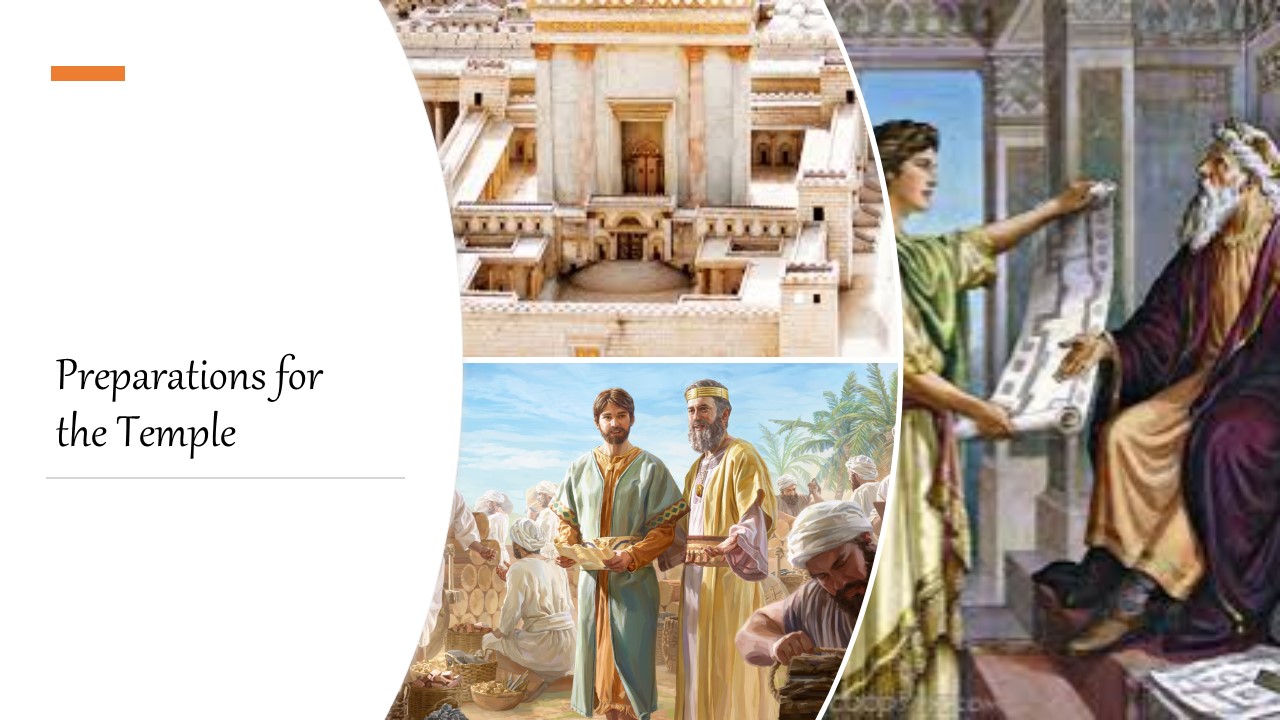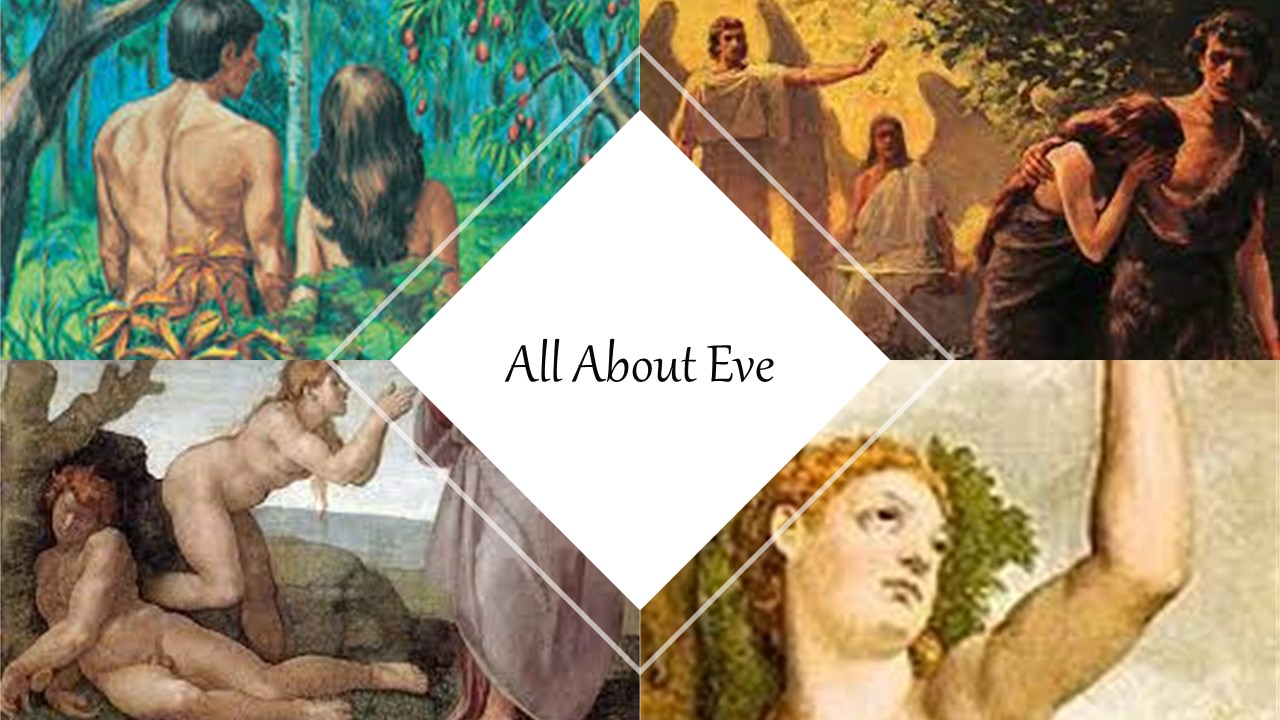The Parables of the Lost Sheep and the Lost Coin (Luke 15:3-10) reveal the profound truth that the Kingdom of God values every individual soul with relentless, inestimable worth. Jesus told these simple stories in direct response to the grumbling of the Pharisees and teachers of the law, who criticized Him for welcoming and eating with "sinners." By making the shepherd leave ninety-nine sheep and the woman diligently search for one lost coin, Jesus dramatically reframed His mission, showing that His association with outcasts was not a casual mistake but a deliberate, joyful act of divine pursuit. The parables teach that God's love is reckless by worldly standards, demonstrating that He will not rest until the one percent that is missing is found, reinforcing that every person is of infinite worth and is noticed when they wander or are lost.
These parables offer deep insight into the character and purpose of Jesus Christ. His character is revealed as active, compassionate, and fiercely pursuing: He is the Good Shepherd who leaves the safety of the fold to initiate the rescue, and He is the Light that illuminates the shadows to find what is hidden. This pursuit is not born of obligation but of profound, singular compassion. Furthermore, His purpose is entirely centered on restoration, not condemnation. The parables both begin and end with celebration, showing that the ultimate goal of Jesus' mission is not merely to find the lost, but to bring them back to their rightful place, culminating in an exuberant party in heaven over "one sinner who repents."
The ultimate call of these parables is to receive the love of the Seeker and embody His heart in ministry. They challenge us to shed the shame that makes us hide and allow ourselves to be found by the Shepherd who approaches with joy, not scolding. Simultaneously, they summon believers to imitate Christ by embracing intentional and persistent pursuit of those who are lost or unseen in their own lives. We are called to share the exuberance of heaven by celebrating redemption boldly and making room in our lives and communities for the newly found. The parables confirm that the essence of discipleship lies in recognizing that we are saved by grace when He finds us, and our greatest honor is to partner in the mission of joy.

The preparations made by David for the construction of the temple in 1 Chronicles point to the significance of worship and the longing for...

Today’s episode features a monologue from Miriam, the older sister of Moses, reflecting at the end of her life on how God used her...

We begin a new series exploring stories, lessons, and key passages of Scripture about women in the Bible. We kick off our study by...